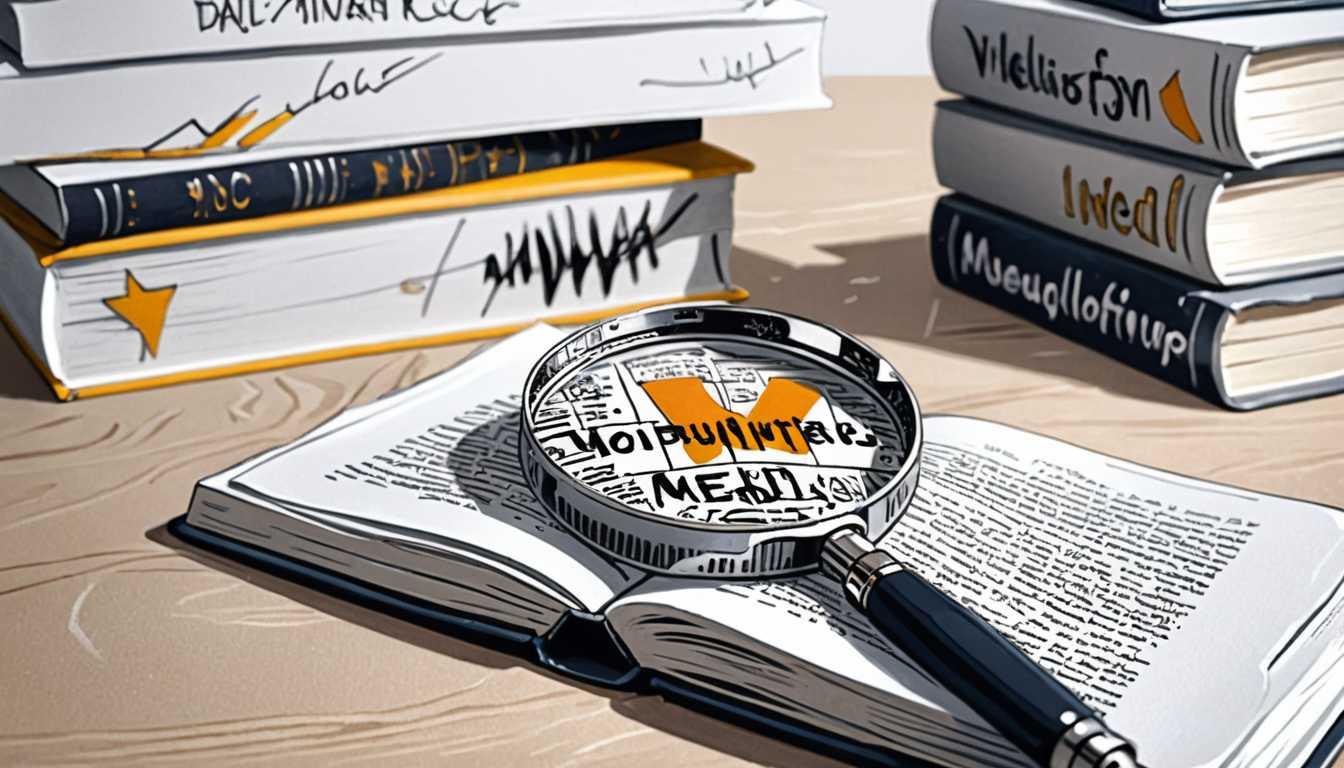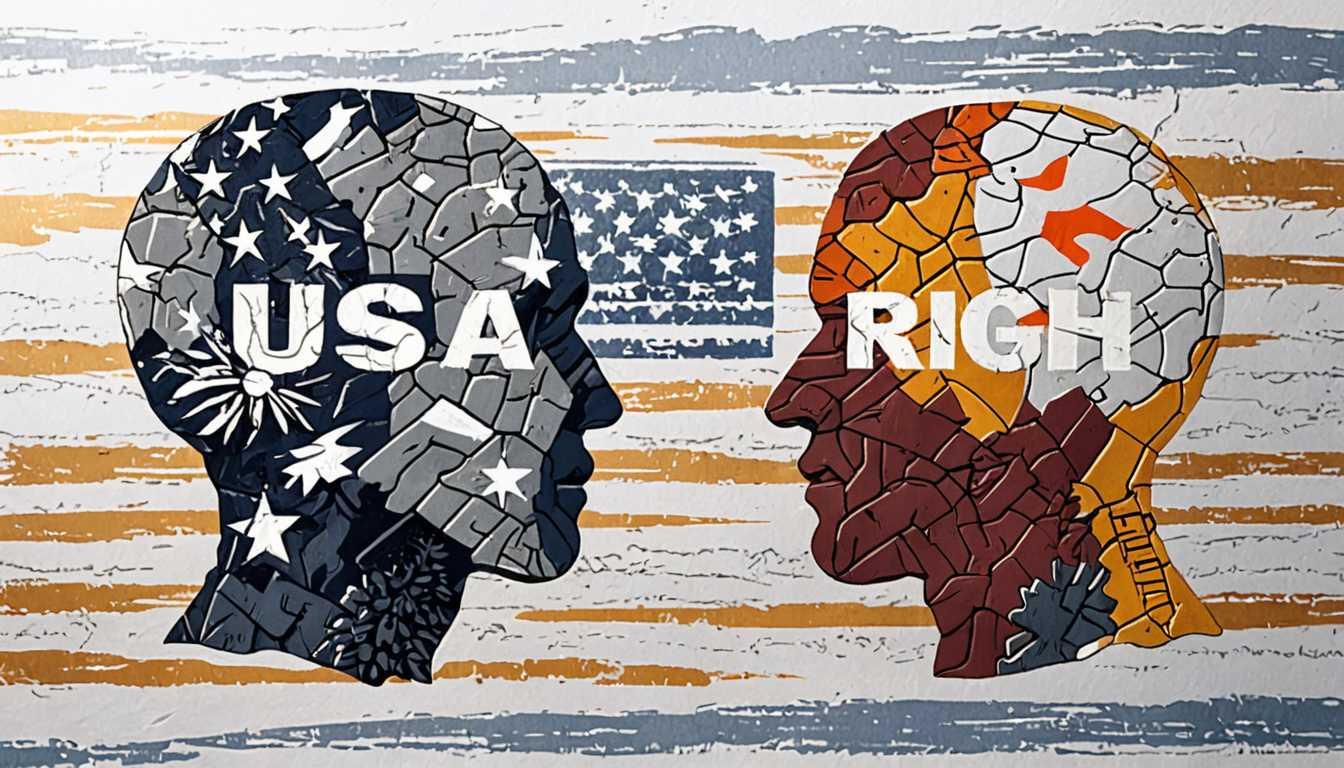Stereotypes vs. Karma: A Study
March 2024
University of Pennsylvania
Introduction
Dive into the intriguing world of human interactions with the University of Pennsylvania's latest study! Ever wondered how your good deeds could create a ripple effect, boosting your societal credit score? This study explores the twisty role of stereotypes in this karma-like cycle. Imagine your fate at the bank hinging not just on your actions but those of every weightlifter ever! Through a blend of humor and science, discover how stereotypes could be messing with the natural flow of give-and-take in society. Ready to challenge your perceptions?
READ FULL ARTICLEWhy It Matters
Discover how this topic shapes your world and future
Unraveling the Tapestry of Teamwork
In the intricate dance of human interaction, the power of helping each other forms the foundation of our social fabric, akin to a societal credit score where our good deeds precede us, encouraging others to act kindly in return. This concept, known as indirect reciprocity, gets a twist when not just individual actions, but the actions of entire groups, influence this social credit. Imagine the ripple effects when stereotypes, or oversimplified ideas about a group, come into play. Does the reputation of a group enhance or hinder cooperation among individuals? The implications of this question stretch far and wide, touching on global issues of prejudice, social cohesion, and collective responsibility. For you, it's not just about understanding the dynamics of human behavior; it's about recognizing the impact of your actions and perceptions on the broader canvas of society.
Speak like a Scholar
Indirect Reciprocity
A social mechanism where one person's helpful actions toward another increase the likelihood of them receiving help in the future, not necessarily from the same person they helped.
Stereotypes
Oversimplified and generalized beliefs about a particular group of people, which may not accurately reflect reality.
Cooperative Behavior
Actions that are intended to benefit others or the group as a whole, often at a personal cost.
Game-Theoretic Approach
A method of studying strategic interactions where the outcomes depend on the choices of all participants, often used in economics and social sciences.
Reputational Feedback Loop
The process by which an individual's reputation is built based on their actions, influencing how others perceive and interact with them.
Halo Effect
A cognitive bias where the perception of one positive trait (e.g., being disciplined) leads to the assumption of other positive traits or overall merit.
Independent Research Ideas
Exploring the Role of Social Media in Shaping Group Stereotypes
Investigate how platforms like Twitter or Instagram contribute to the formation and reinforcement of stereotypes about different social groups and its impact on indirect reciprocity within online communities.
The Influence of Cultural Narratives on Cooperative Behavior
Examine how stories, myths, and media portrayals of different cultures affect the willingness of individuals to cooperate with members of those cultures.
The Psychology Behind Stereotype Formation and Its Impact on Social Trust
Delve into the cognitive processes that lead to the creation of stereotypes and how these processes affect the level of trust and cooperation among members of a community.
The Effectiveness of Educational Interventions in Reducing Stereotype-Driven Behavior
Research the impact of specific educational programs designed to challenge and change stereotypical thinking on fostering a more cooperative and inclusive school environment.
The Relationship Between Economic Inequality and Stereotype-Based Cooperation
Explore how economic disparities within and between societies influence the reliance on stereotypes in cooperative interactions and the overall social cohesion.
Related Articles

Signals Unveiled: The Game Theory Puzzle
April 2022
Massachusetts Institute of Technology (MIT)

Empower Yourself: Fight Online Misinformation!
August 2024
MIT Technology Review

AI Adventures in Minecraft: The New Frontier
November 2024
MIT Technology Review

Brains, Bias, and Politics Unveiled
May 2021
Brown University

Internet Myths Debunked: Oxford Insights
November 2023
University of Oxford